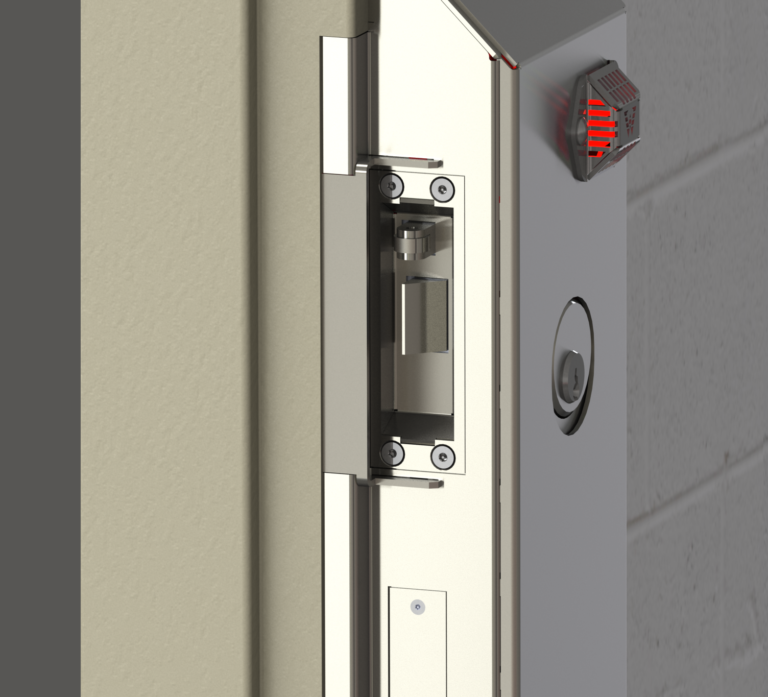Alabama Inmates Protest Prison Labor
SPRINGVILLE, Ala. — Though inmates at St. Clair County Correctional Facility had announced plans for their second labor strike this year, hoping to draw attention to what they consider an unjust free labor system, facility administrators have yet to see evidence of the protest. The work stoppage, which was to have taken place beginning April 19, was also intended to highlight overcrowding and various health violations at Alabama correctional facilities.
According to inmate and protest organizer Melvin Ray, founder of the Free Alabama Movement (FAM), inmates across the state had prepared to halt work and demand fair pay for their labor. In an interview with AL.com Ray said, “We don’t want to be slaves for this system. If we made mistakes and you want us to be here, give us the corrections we seek.” Ray, who has referred to labor as “the only weapon or strategy…[inmates] have” is currently serving a life sentence at St. Clair Correctional Facility.
According to the group’s website, the FAM, which helped publicize the work stoppage, advocates for human rights through non-violent protest. FAM has also published a series of YouTube videos, and has organized rallies and vigils to address issues such as sentencing and parole reform, free labor and a perceived lack of education, rehabilitation and re-entry programs for inmates. In January the group successfully spearheaded protests in three state facilities highlighting unpaid laundry, kitchen and maintenance work.
However, following AL.com’s interview with Ray, the news outlet also reported that officials at St. Clair Correctional Facility saw no signs of the work stoppage, rally or press conference planned for Saturday, April 19. According to Alabama Department of Corrections spokesperson Kristi Gates the department has yet to gather any intelligence on the event.
The planned strike had also received support from the national labor union Industrial Workers of the World, which is open to incarcerated workers. In a statement on the group’s website, union leaders wrote, “The conditions in Alabama prisons are horrendous, packing twice as many people as the 16,000 that can be housed "humanely", with everything from black mold, brown water, cancer causing foods, insect infestations, and general disrepair.” The group added that state prisons are “run by free, slave labor” with 10,000 incarcerated people working to maintain the prisons daily, and making products for state or private corporations.
In April 2012, Alabama legislators passed SB 63, giving private businesses the green light to use inmate labor through the Prison Industry Enhancement program. This program gives federal approval to allowing inmates to work for private companies to produce good and services. Some Alabama inmates currently work producing and manufacturing license plates, linens, furniture and other products. A small percentage of these inmates earn between 35 and 50 cents per hour for their work.






